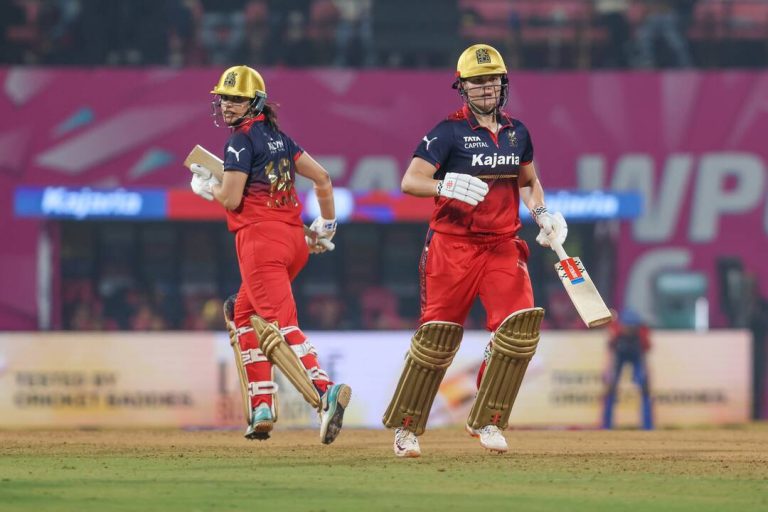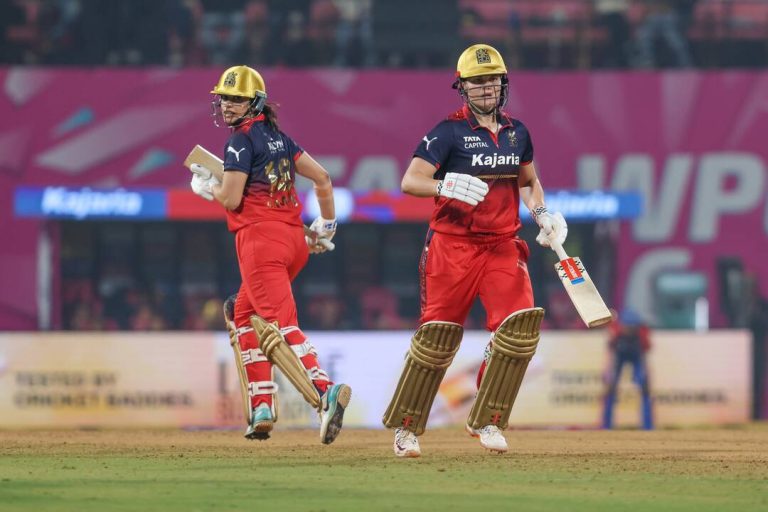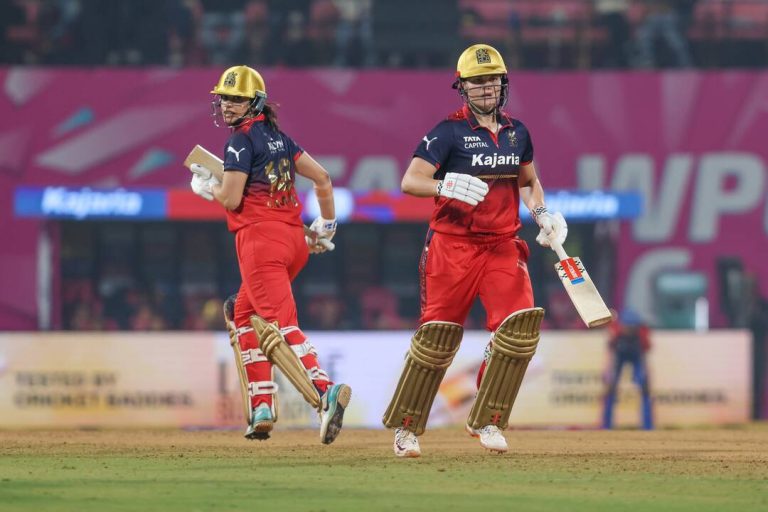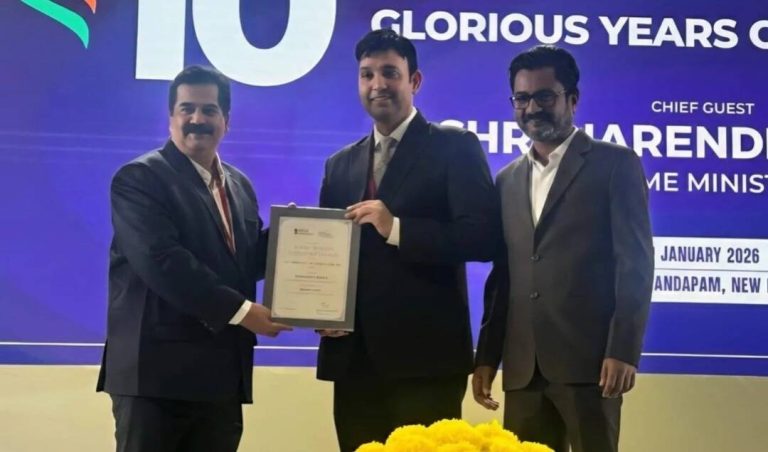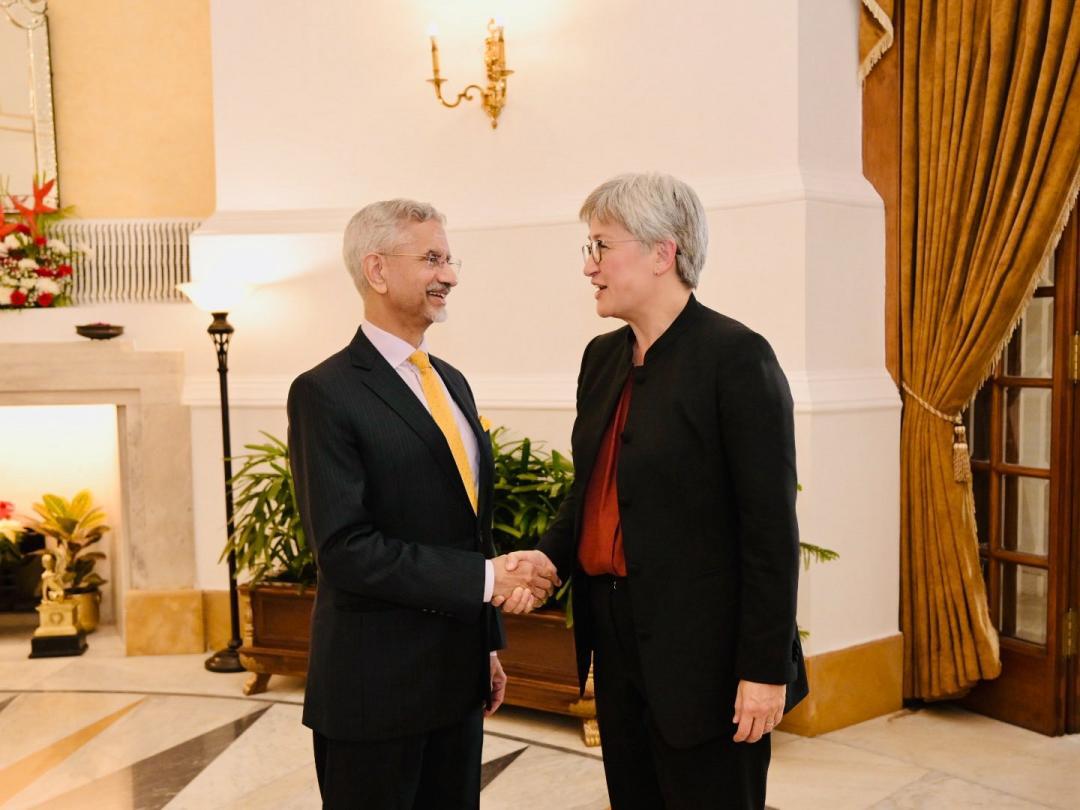
You’ve beaten us in both Men’s & Women’s Cricket,’ Australia leader jokes with Jaishankar
In a lighthearted moment during a meeting between two of the world’s most prominent diplomats, Australia’s Foreign Minister Penny Wong jokingly remarked to India’s External Affairs Minister S Jaishankar, “You’ve beaten us in both Men’s and Women’s Cricket.” This statement highlights the friendly and sporting rivalry between the two nations, which extends beyond the realm of politics and into the world of sports.
The meeting between Wong and Jaishankar is a testament to the strong diplomatic ties between Australia and India. According to Wong, Jaishankar is the minister she has met most in her current role, demonstrating the frequency and importance of interactions between the two nations. The joke about cricket, however, adds a personal and humorous touch to their professional relationship.
For those who may not be aware, the Indian women’s cricket team made history by defeating Australia in the 2025 Women’s World Cup semifinal in October. This significant victory marked a major milestone for Indian women’s cricket and showcased the team’s skill and determination. Similarly, the Indian Men’s team emerged victorious in the T20I series against Australia in November, further solidifying India’s position as a cricketing powerhouse.
Wong’s comment, therefore, was not just a casual remark but also an acknowledgment of India’s growing prowess in the world of cricket. The fact that she chose to bring up this topic during a meeting with Jaishankar suggests that sports, particularly cricket, can serve as a common ground for building relationships and fostering friendship between nations.
The sporting rivalry between Australia and India is well-documented, with both countries having a rich cricketing history and a strong competitive spirit. The Indian cricket team has been a force to be reckoned with in recent years, and their victories over Australia in both the men’s and women’s games have been notable achievements.
Beyond the realm of sports, the meeting between Wong and Jaishankar is significant because it highlights the growing importance of diplomacy and international cooperation in today’s world. As two major players in the Asia-Pacific region, Australia and India have a shared interest in promoting stability, security, and economic growth.
The friendship and camaraderie displayed by Wong and Jaishankar during their meeting are a welcome respite from the complexities and challenges of international politics. In an era marked by increasing tensions and divisions, it is heartening to see leaders from different countries coming together and engaging in lighthearted banter.
As the world becomes increasingly interconnected, the role of sports in bridging cultural and national divides cannot be overstated. Cricket, in particular, has a unique ability to bring people together, transcending linguistic and geographical boundaries. The joke about cricket shared by Wong and Jaishankar serves as a reminder that, despite our differences, we can find common ground and shared interests that unite us.
In conclusion, the meeting between Penny Wong and S Jaishankar is a testament to the strong diplomatic ties between Australia and India, as well as the power of sports to bring people together. The joke about cricket may have been a lighthearted moment, but it highlights the significance of friendly rivalries and the importance of finding common ground in international relations.
As we look to the future, it is essential to recognize the value of diplomacy, cooperation, and friendship in promoting peace and prosperity. The exchange between Wong and Jaishankar serves as a positive example of how leaders can come together, put aside their differences, and engage in constructive dialogue.
Whether on the cricket pitch or in the diplomatic arena, the relationship between Australia and India is one to watch. As these two nations continue to engage with each other on multiple fronts, we can expect to see more moments of friendship, cooperation, and, of course, sporting rivalry.
